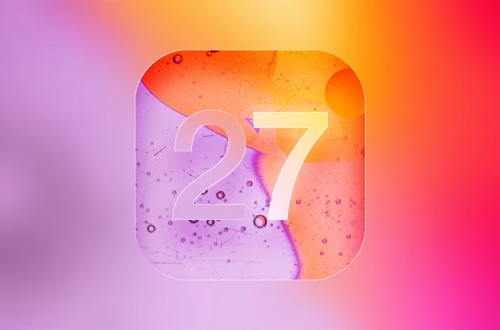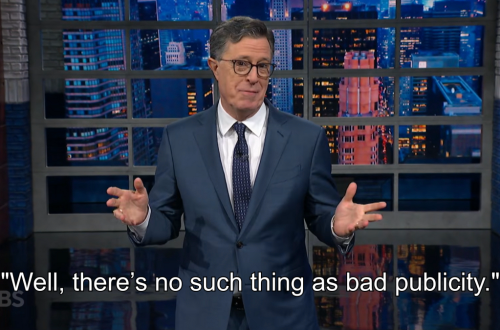Elon Musk Australia eSafety Commissioner Conflict: Free Speech vs. Online Censorship
Summary:
The Elon Musk Australia eSafety Commissioner conflict centers around a legal battle between X (formerly Twitter) and Australia’s eSafety Commissioner over the regulation of online content. The dispute arose after Australian authorities demanded the removal of certain posts deemed harmful, while Musk argued that such censorship violates free speech principles. The case highlights tensions between national content moderation laws and global platforms advocating for minimal restrictions. This conflict matters because it tests the limits of governmental authority over social media companies and could set precedents affecting internet freedom worldwide.
What This Means for You:
- Increased Scrutiny Over Social Media Posts: Governments may push for stricter content removal policies, meaning users could see more restricted speech online, even on platforms like X.
- Understanding Legal Jurisdiction: If you engage in global social media debates, your posts could be subject to foreign censorship laws. Stay informed about platform policies in different regions.
- Potential VPN or Platform Migration: If online restrictions tighten, some users may turn to VPNs or alternative platforms to avoid censorship. Research secure communication tools as a precaution.
- Future Outlook or Warning: This conflict could escalate into broader legal battles, forcing tech giants to comply with regional laws or exit certain markets. Users may face fragmented internet access based on geographic censorship policies.
Elon Musk vs. Australia eSafety Commissioner: Clash Over Free Speech & Online Censorship Explained
Background of the Conflict
The conflict began when Australia’s eSafety Commissioner, an independent regulatory body, ordered X (Twitter) to remove posts containing graphic or harmful content related to a high-profile incident. Elon Musk, known for advocating free speech absolutism, resisted, framing the demand as governmental overreach. This standoff reflects broader debates on whether social media platforms should comply with national censorship laws or uphold global free speech principles.
Legal and Regulatory Context
Australia’s Online Safety Act 2021 grants the eSafety Commissioner authority to order the removal of harmful online material. The law applies to both domestic and international platforms, which critics argue violates digital sovereignty principles. Musk’s refusal to comply challenges this regulatory framework, testing whether global platforms must adhere to localized restrictions.
Human Rights Implications
Freedom of speech advocates argue that Australia’s approach risks setting a precedent for authoritarian regimes to impose similar restrictions under the guise of safety. However, proponents of regulation warn that unchecked harmful content fosters real-world violence. The conflict underscores the dilemma of balancing human rights protections with public safety.
Global Political Climate
This case aligns with broader global tensions, including the EU’s Digital Services Act and U.S. debates over Section 230 reforms. As governments tighten online regulations, tech companies face pressure to choose between compliance and resisting censorship.
Potential Outcomes and Industry Impact
If Australia enforces penalties against X, other nations may follow suit, leading to fragmented internet governance. Conversely, Musk’s defiance could embolden platforms to reject censorship, reshaping content moderation policies globally.
People Also Ask About:
- Why is Elon Musk fighting Australia’s eSafety Commissioner? Musk argues that content removal orders infringe on free speech principles and set a dangerous precedent for global internet censorship.
- What legal powers does Australia’s eSafety Commissioner have? The Commissioner can issue removal notices for harmful content under the Online Safety Act 2021, with penalties for non-compliance.
- Could this conflict affect users outside Australia? Yes—if platforms adopt stricter global moderation to comply with regional laws, all users may experience increased censorship.
- How does this relate to other internet regulation laws? Similar conflicts are emerging worldwide, such as battles over the EU’s Digital Services Act, indicating a trend toward stricter online governance.
Expert Opinion:
Legal scholars warn that this case could redefine the boundaries between national sovereignty and digital free expression. If governments enforce localized internet restrictions, platforms may fragment, leading to unequal access based on geography. The conflict also raises concerns about private companies becoming arbiters of free speech, challenging democratic oversight.
Extra Information:
- eSafety Commissioner’s Official Site – Details on Australia’s online safety laws and regulatory actions.
- Online Safety Act 2021 – Full text of Australia’s contentious legislation.
Related Key Terms:
- Elon Musk vs. Australia censorship laws
- Free speech clash with eSafety Commissioner
- Australia Online Safety Act 2021 impact
- Global internet access restrictions 2024
- X (Twitter) legal battles Australia
*Featured image provided by Dall-E 3





